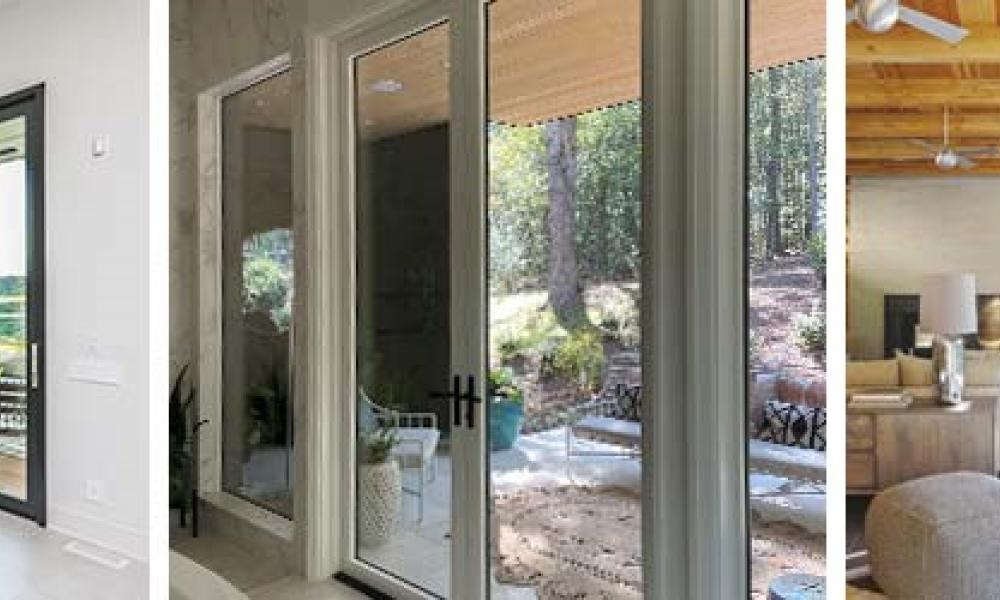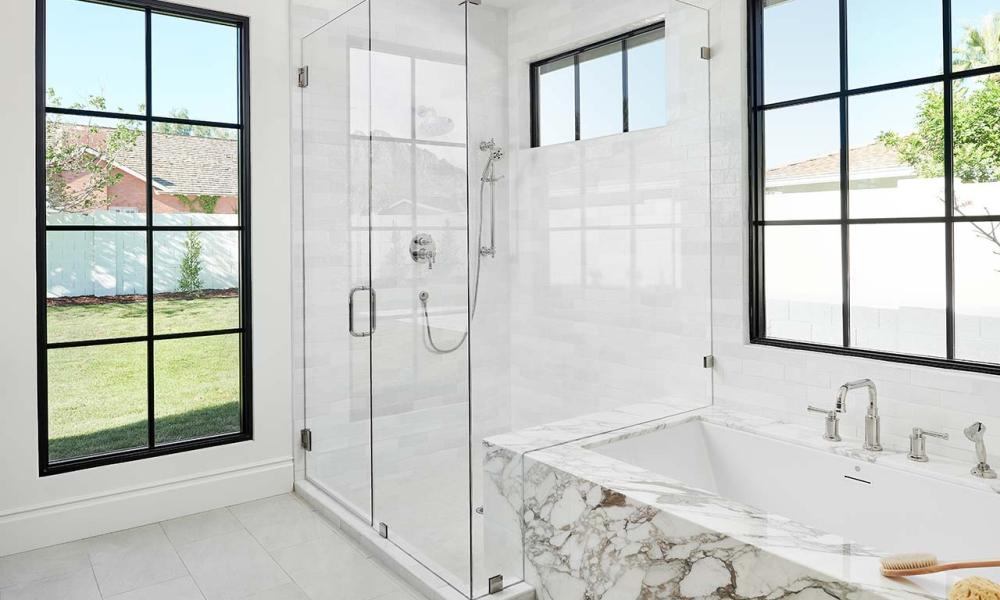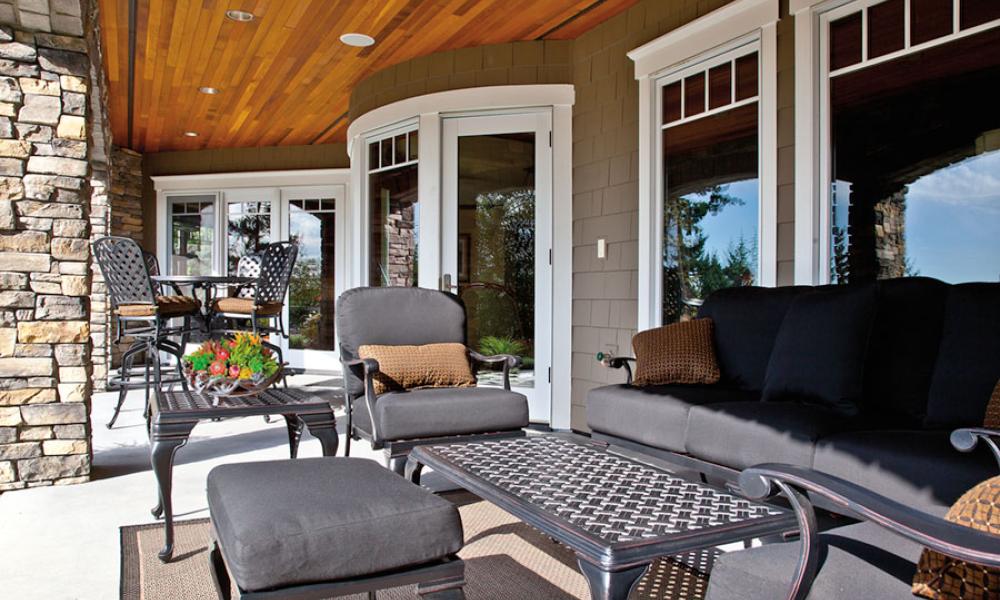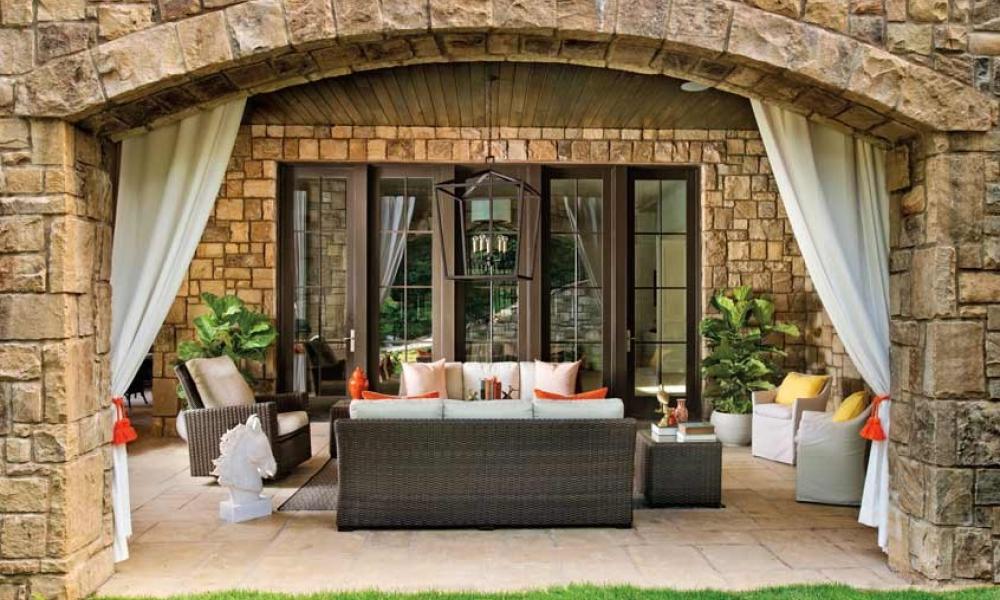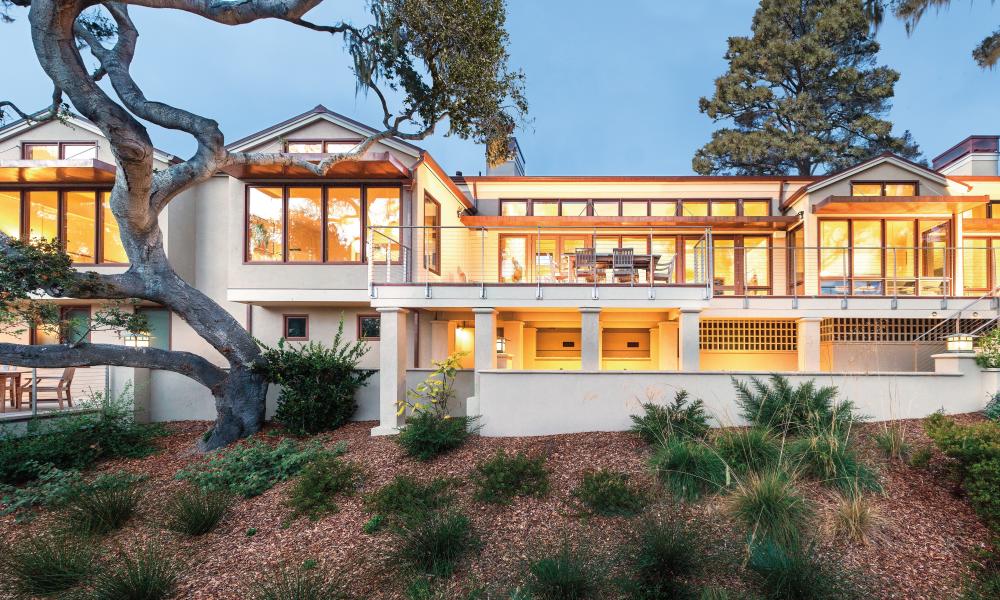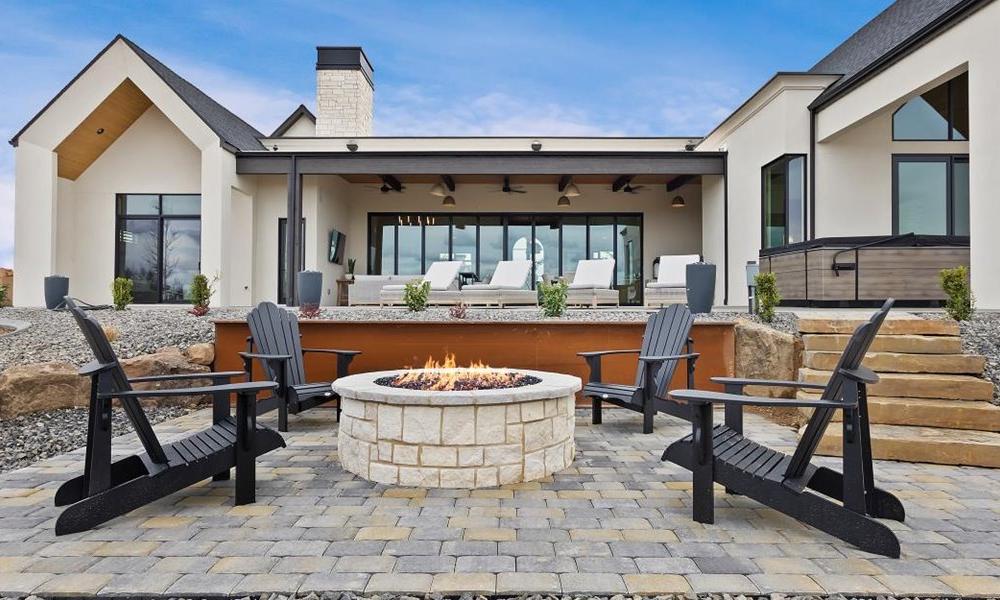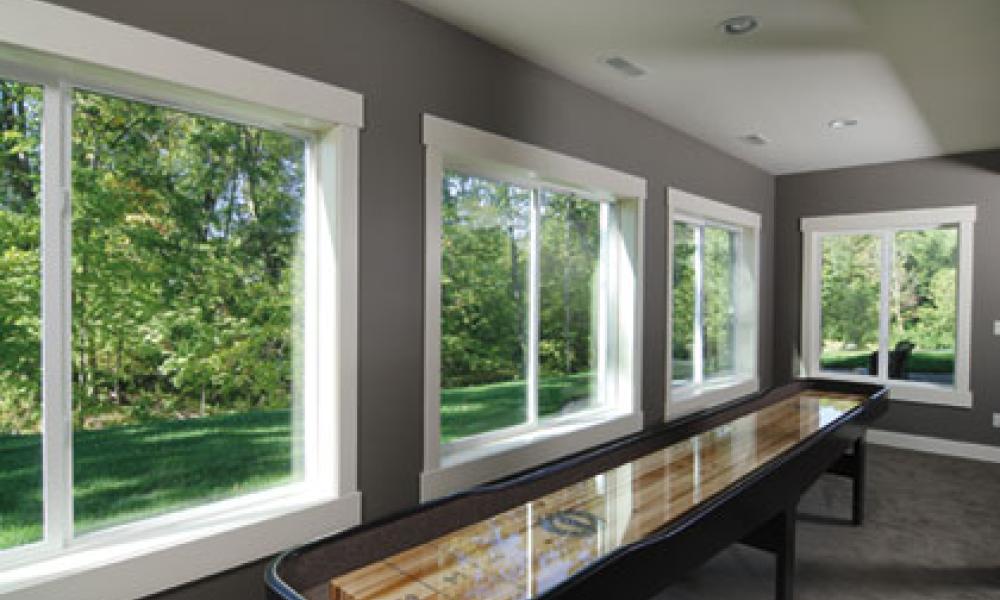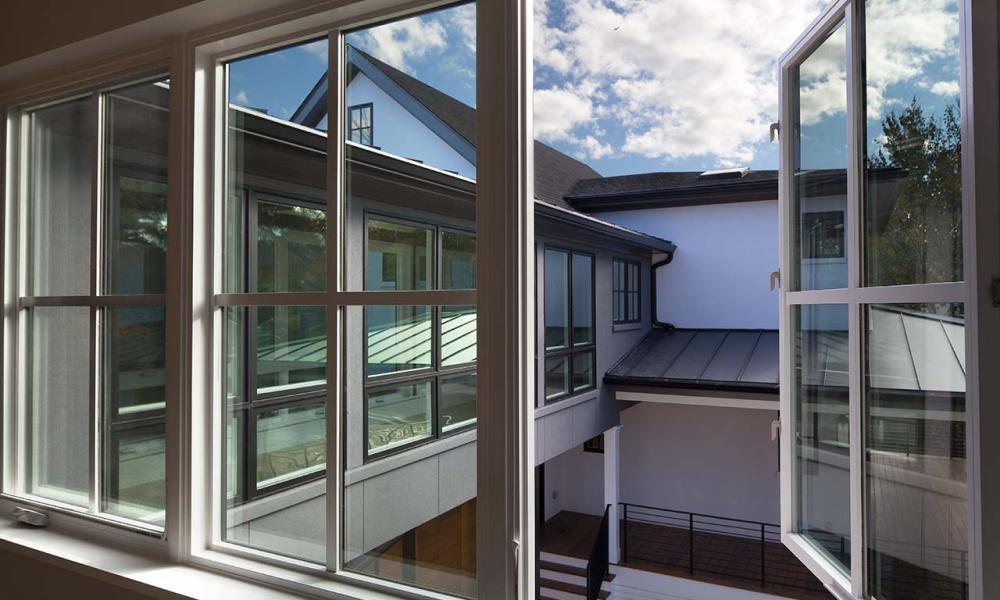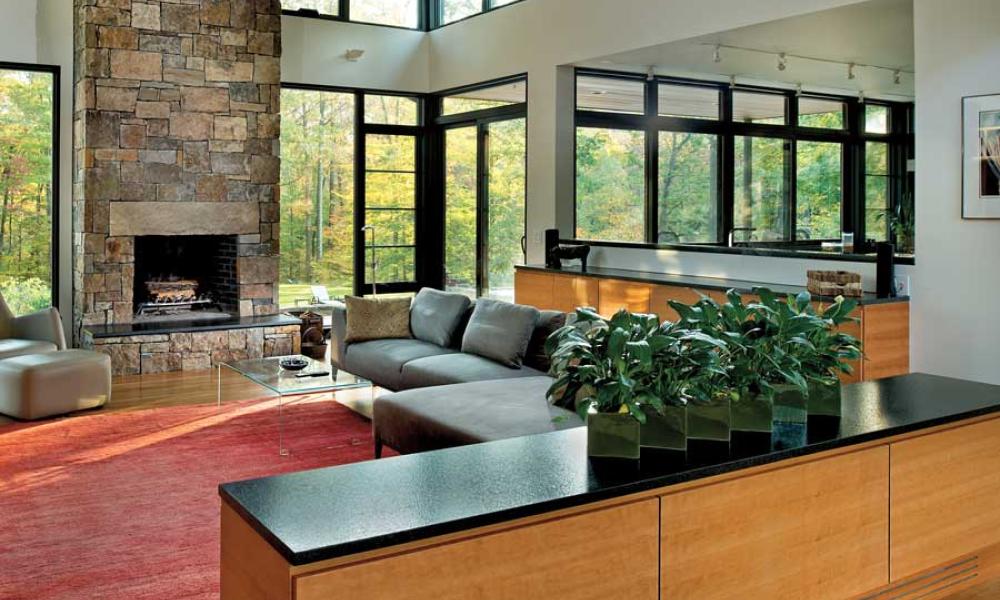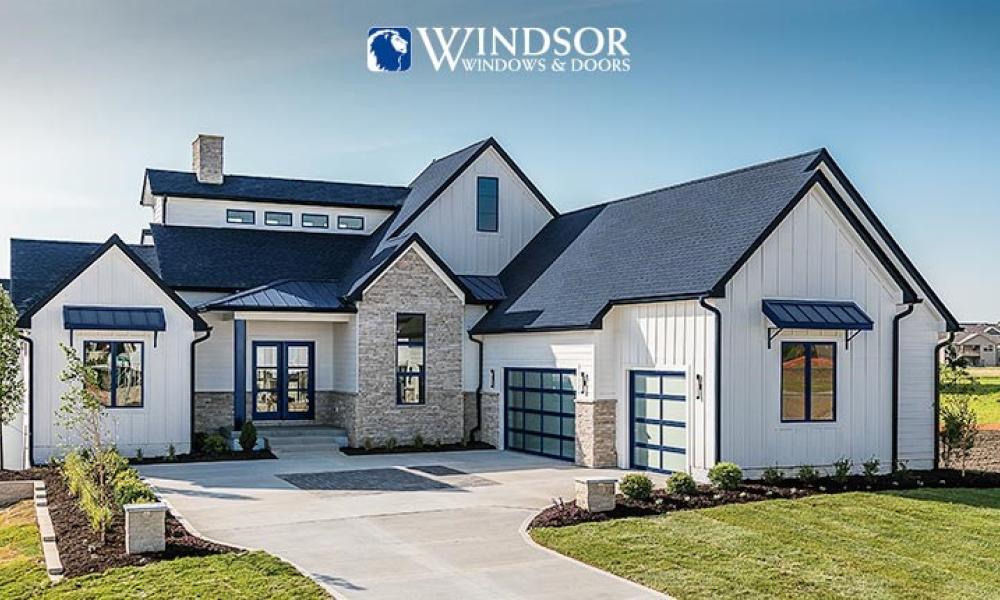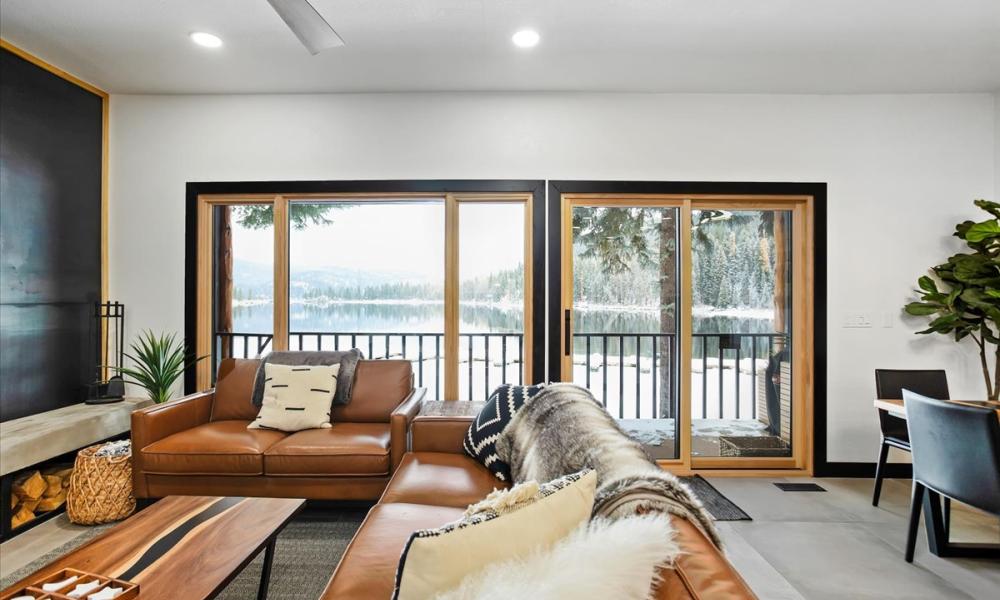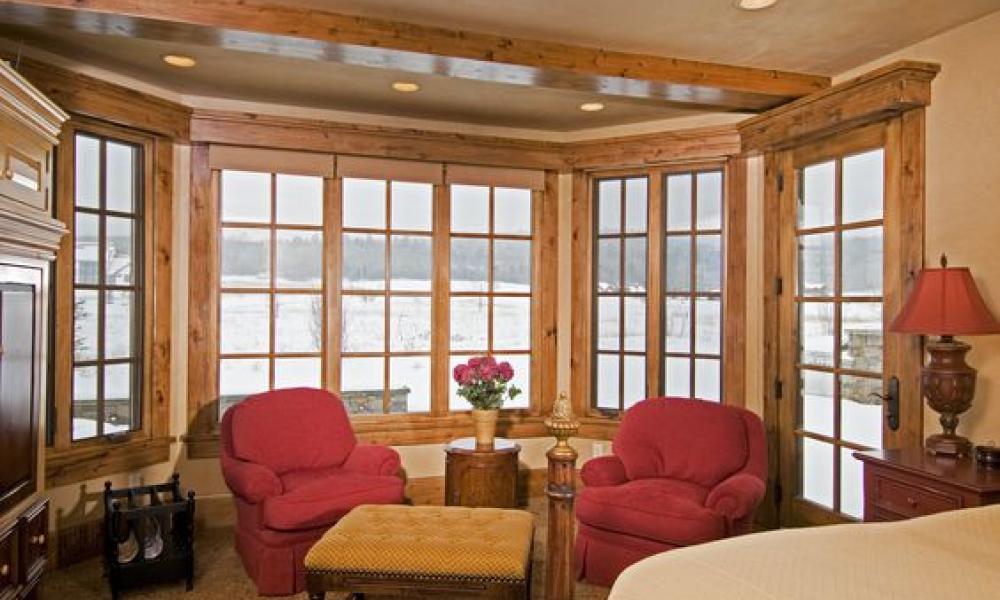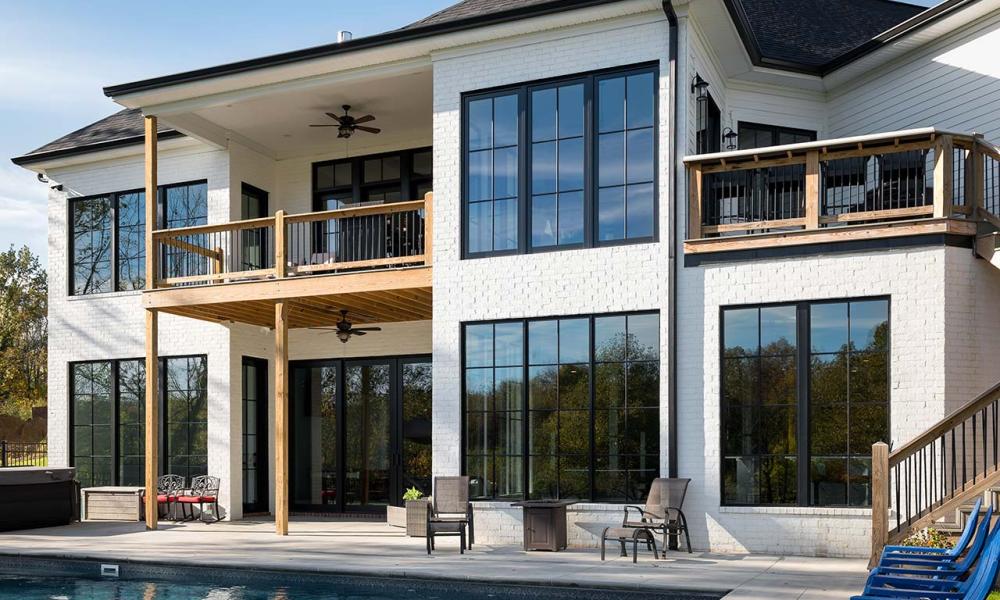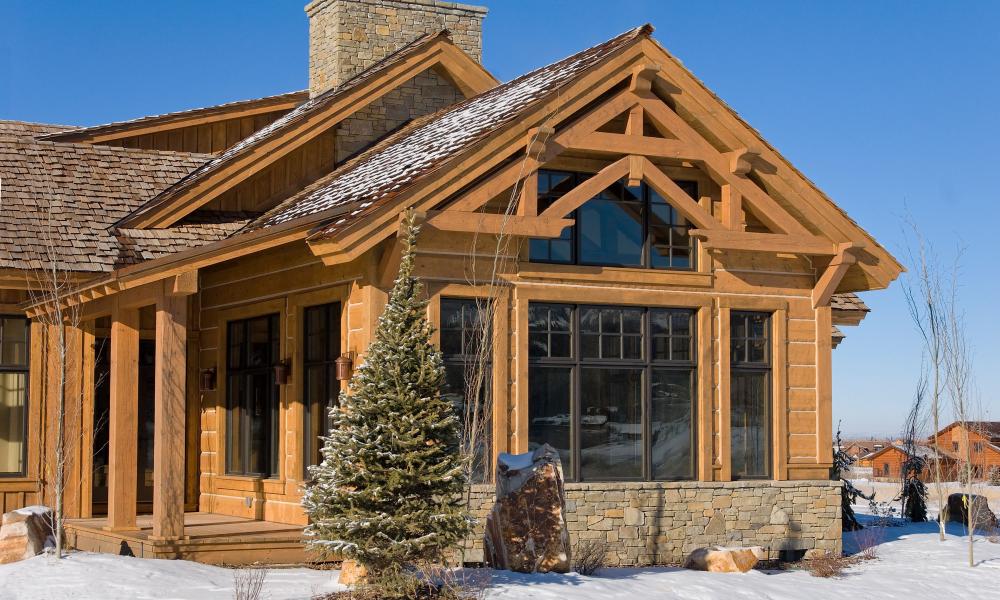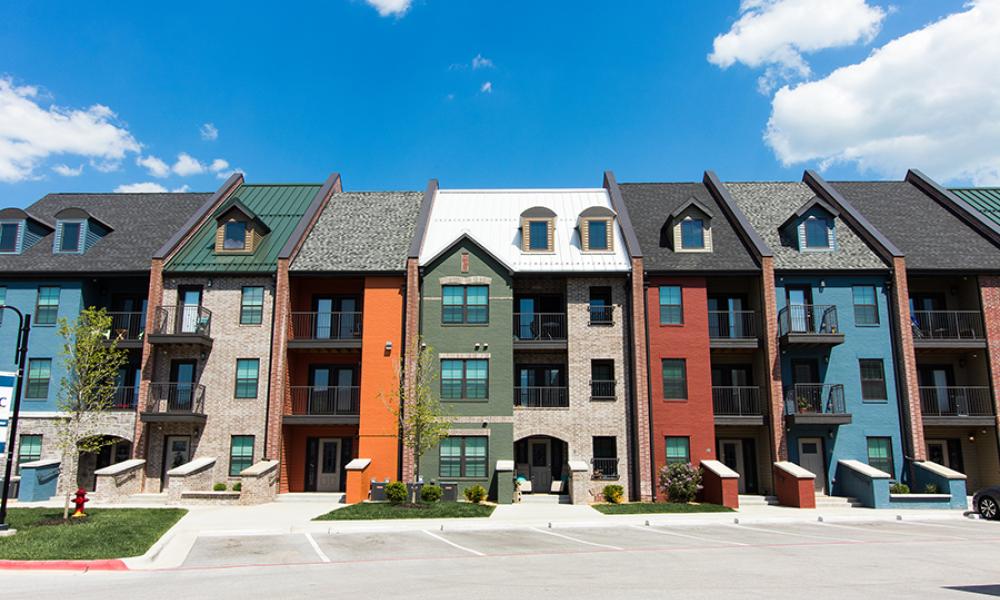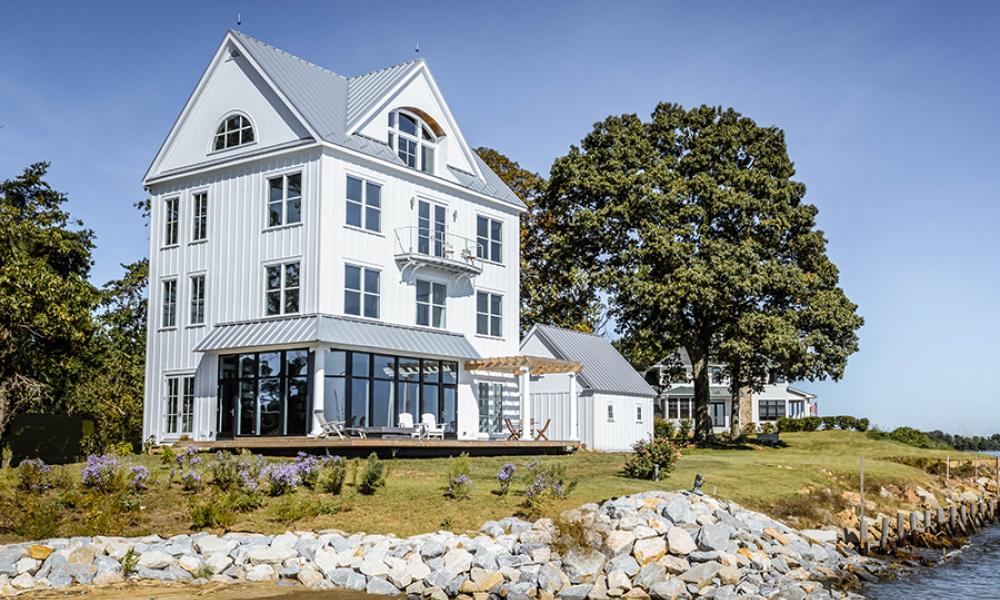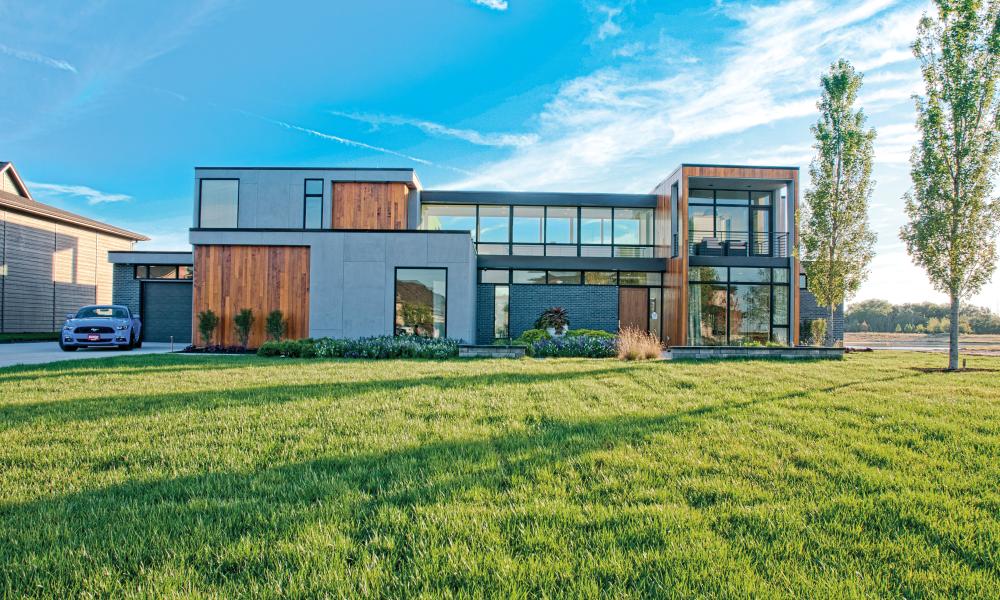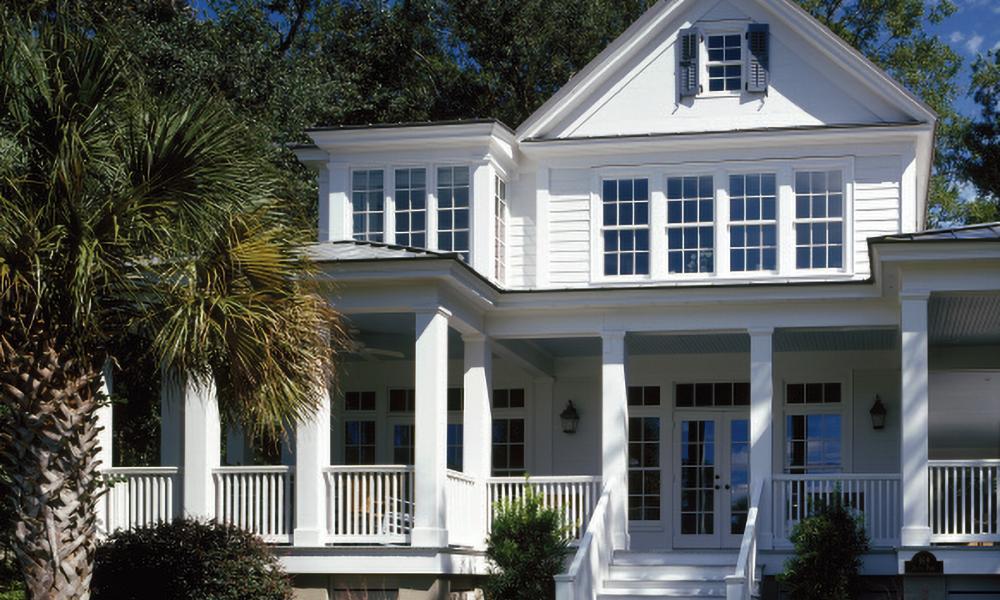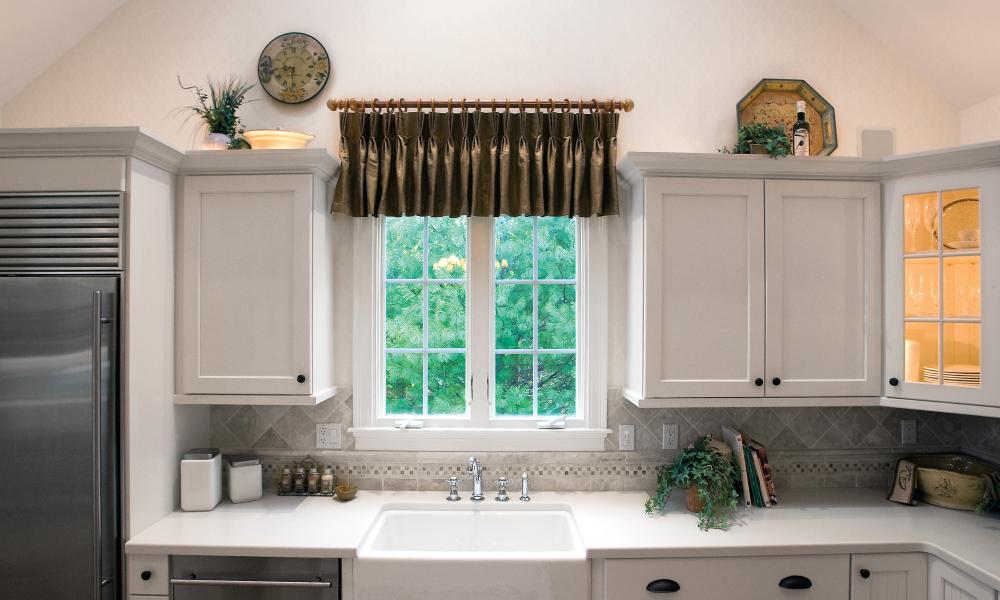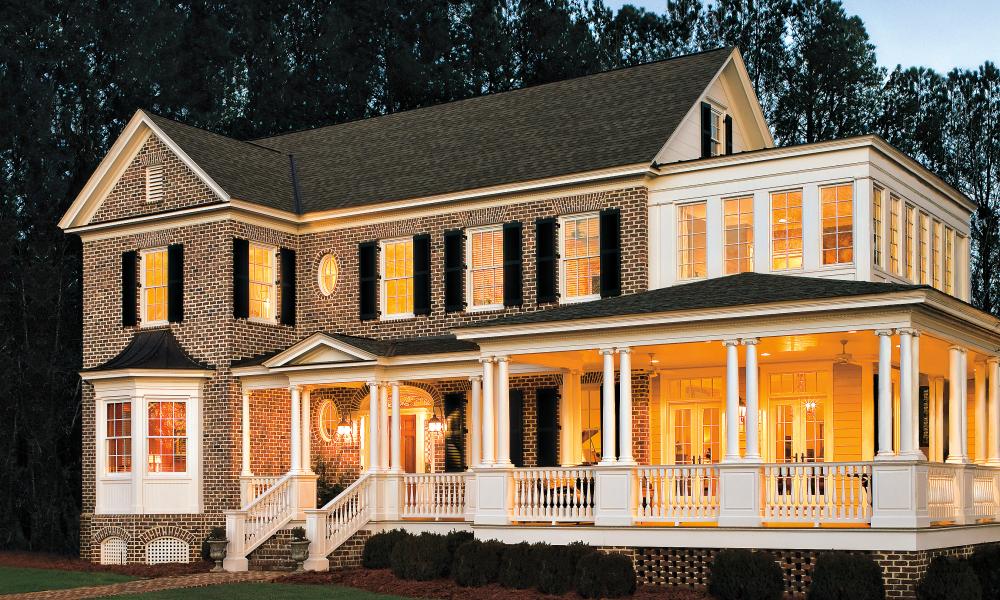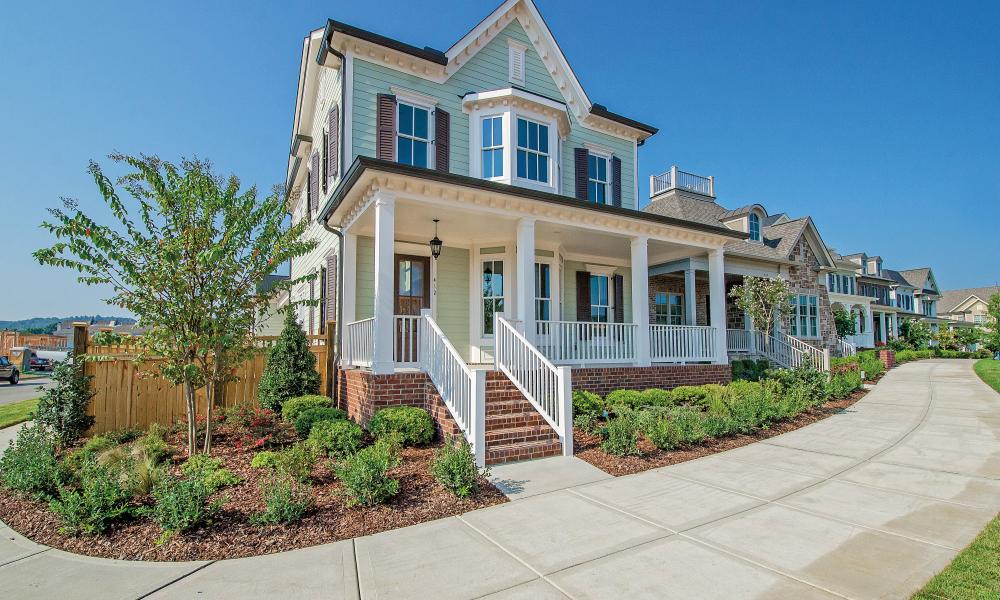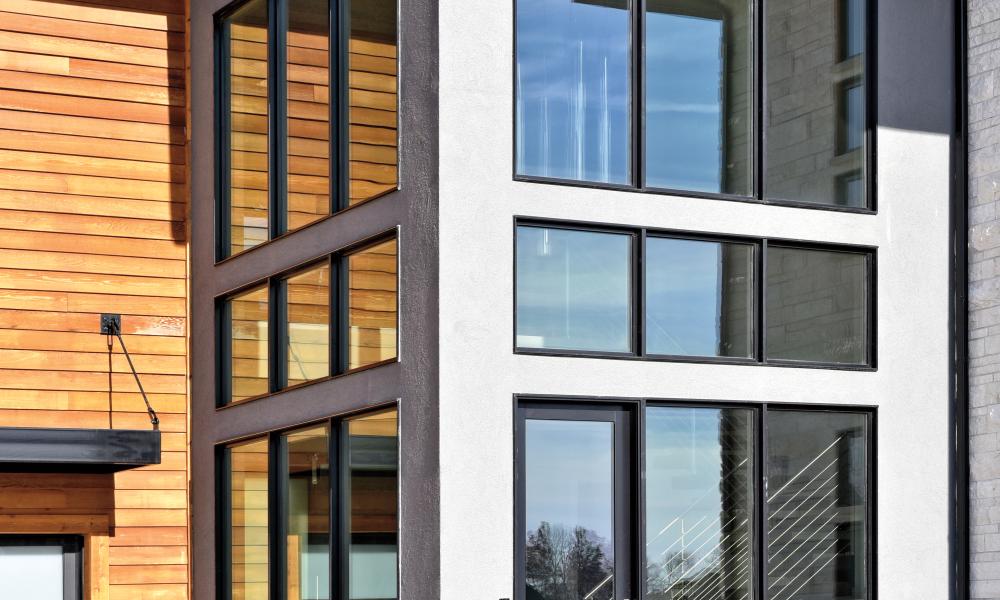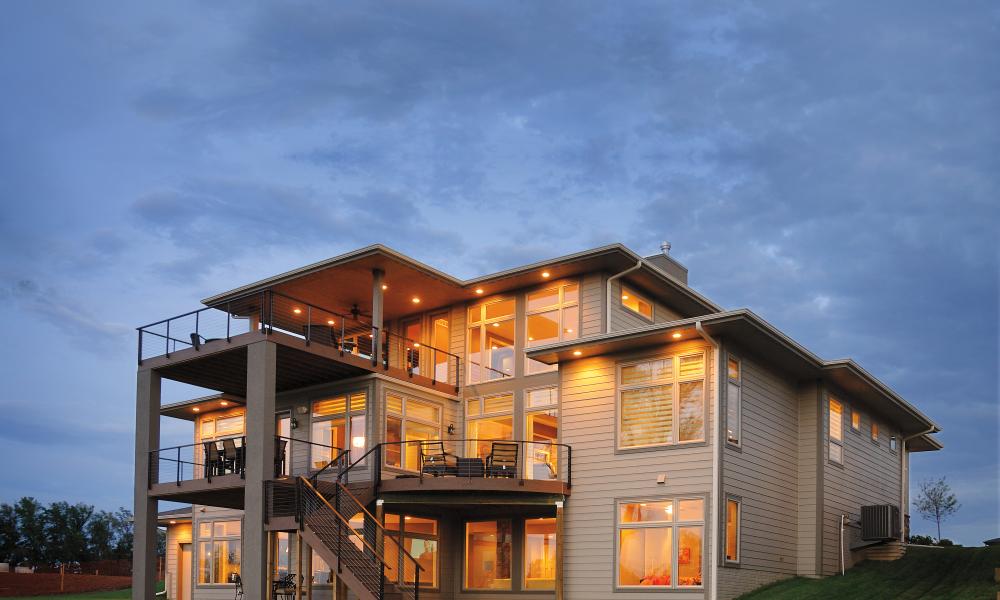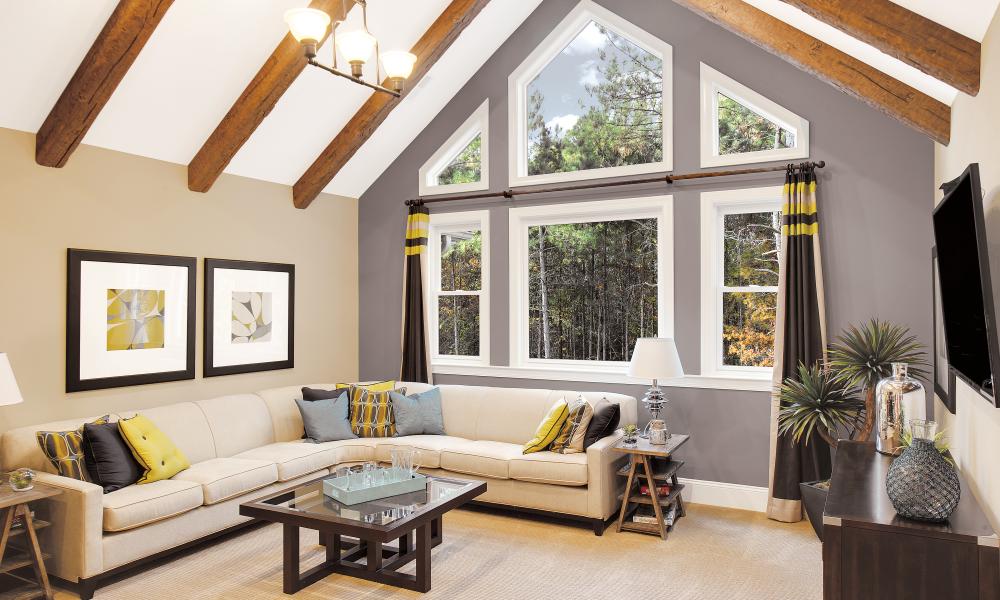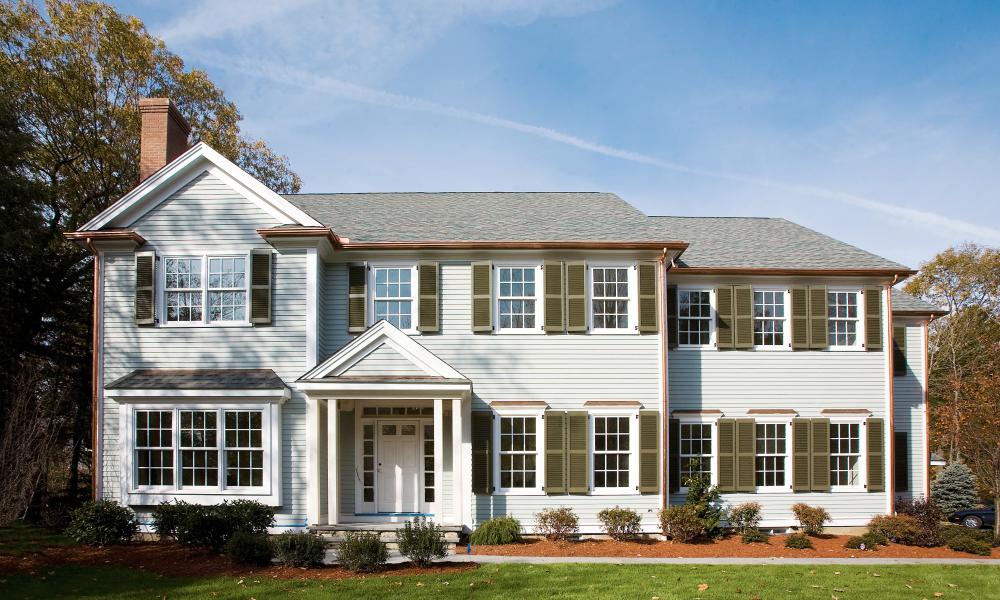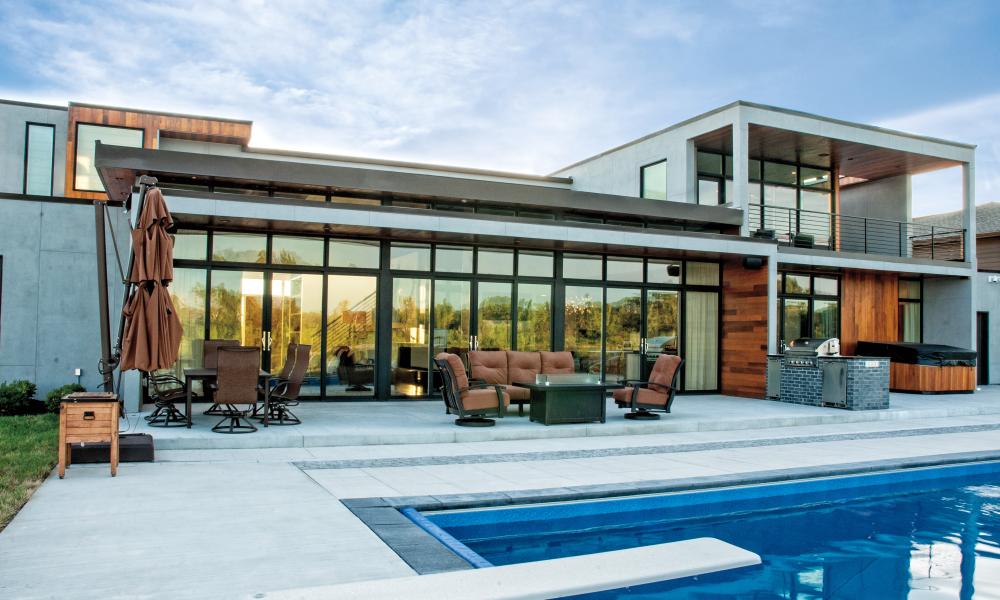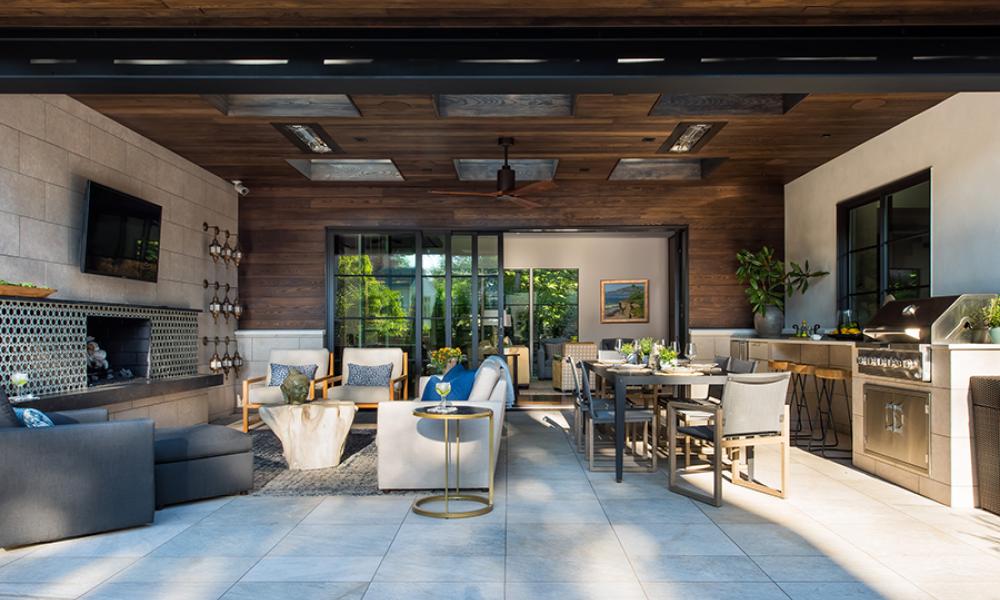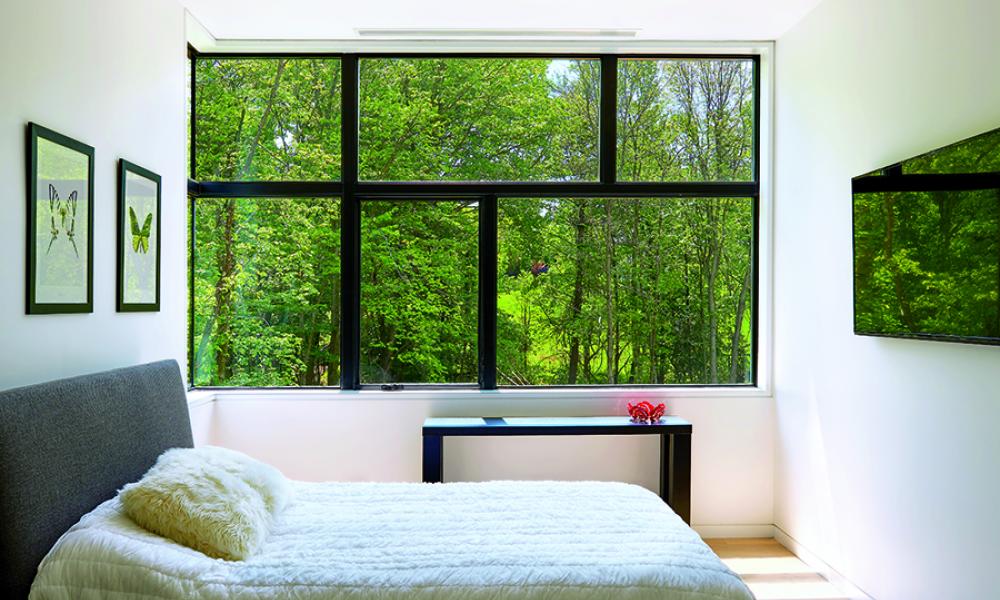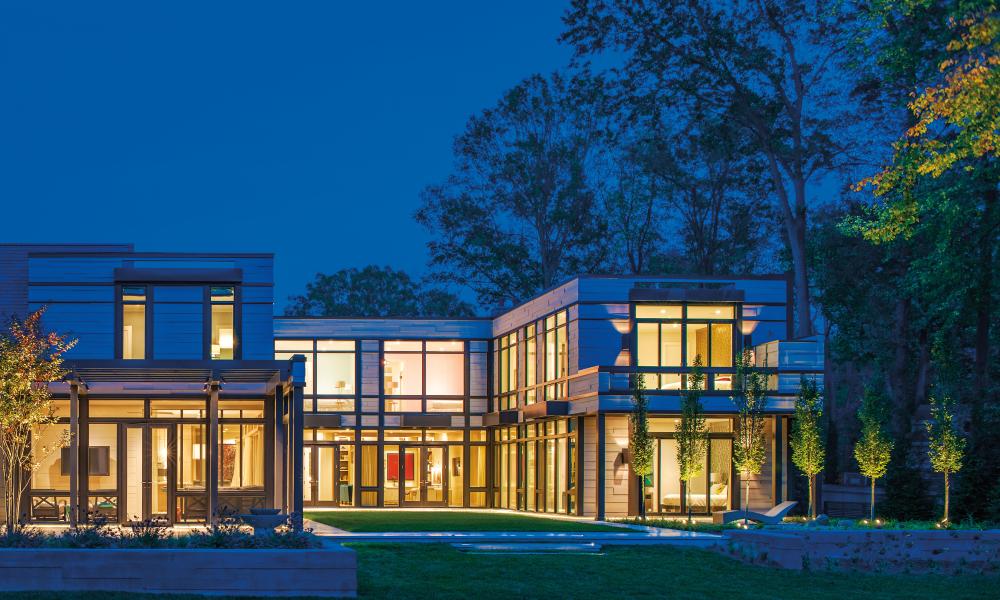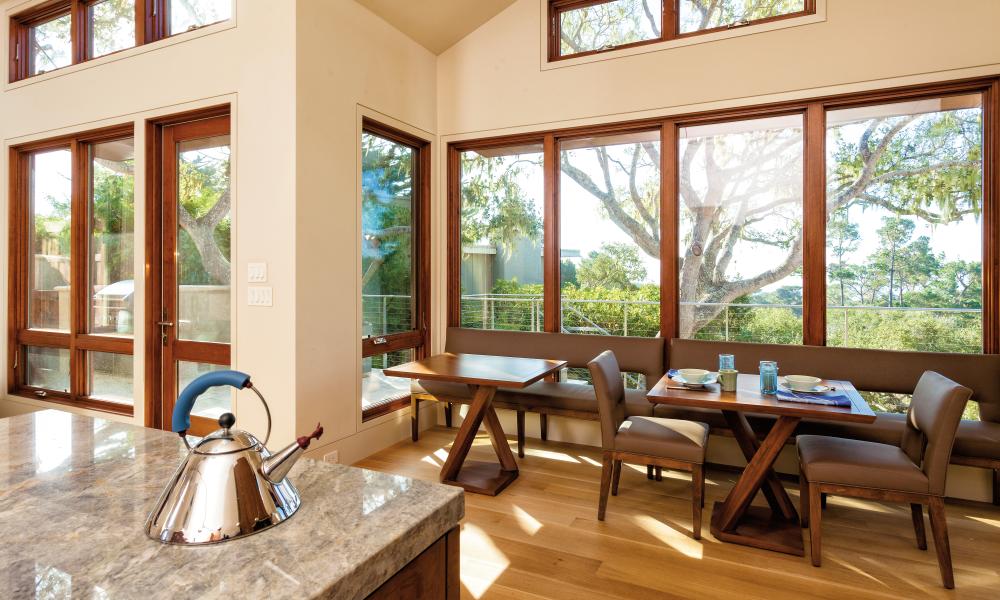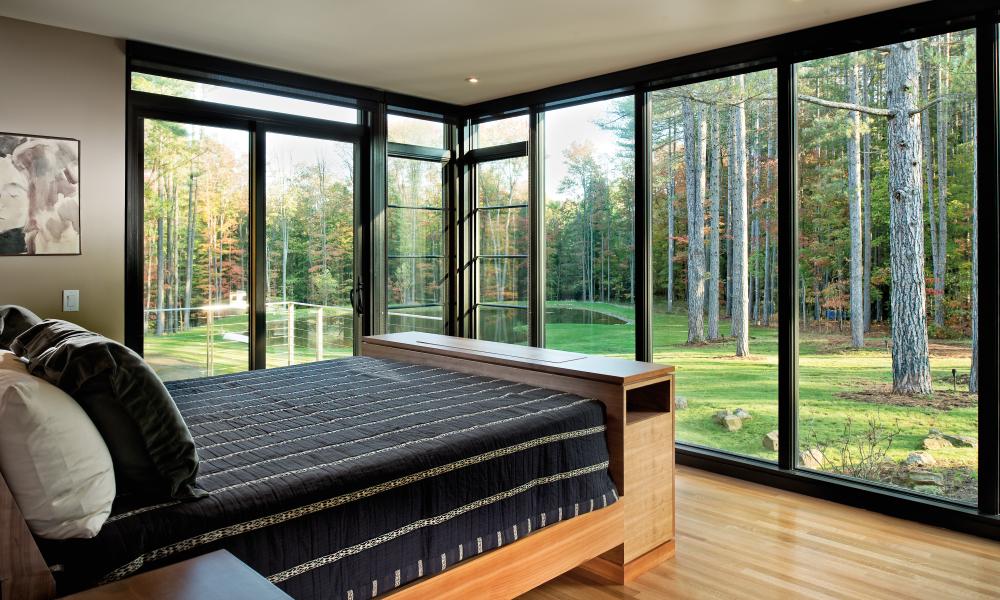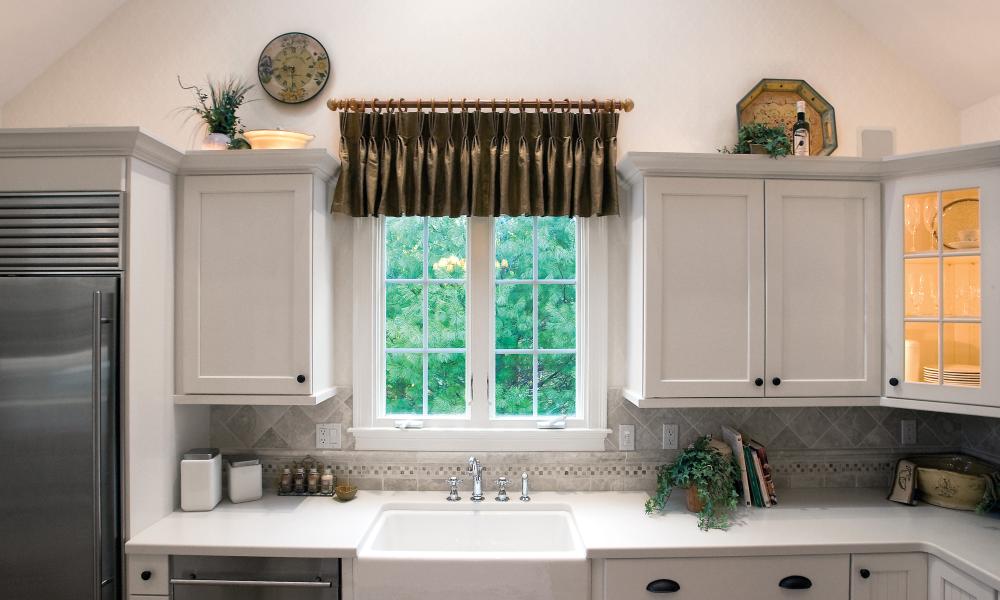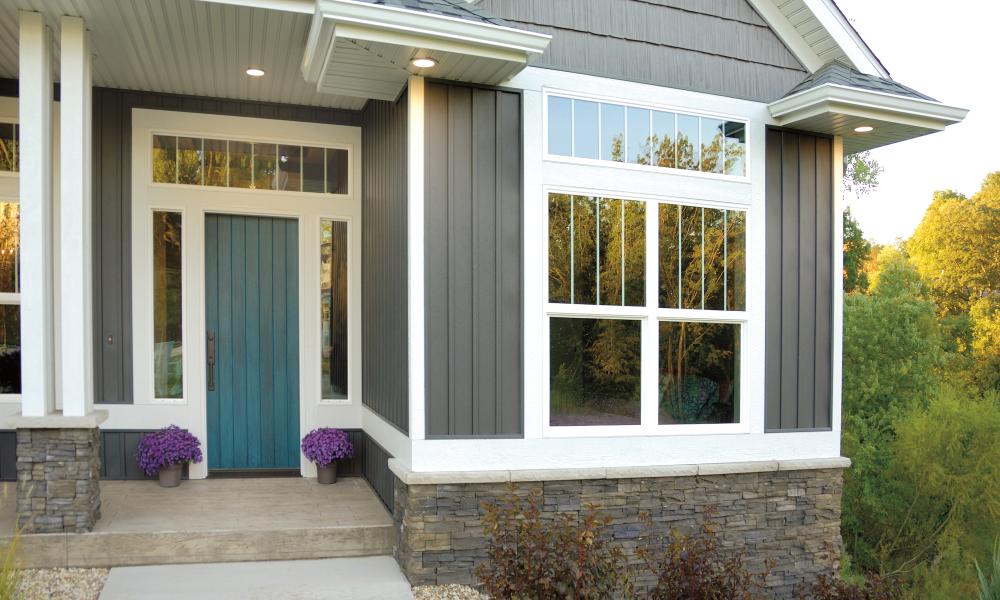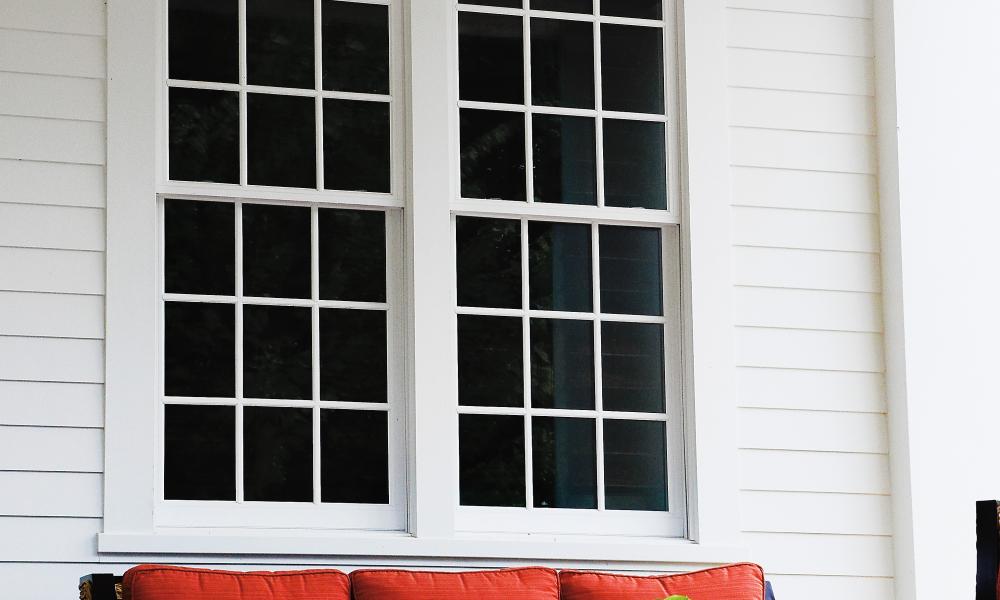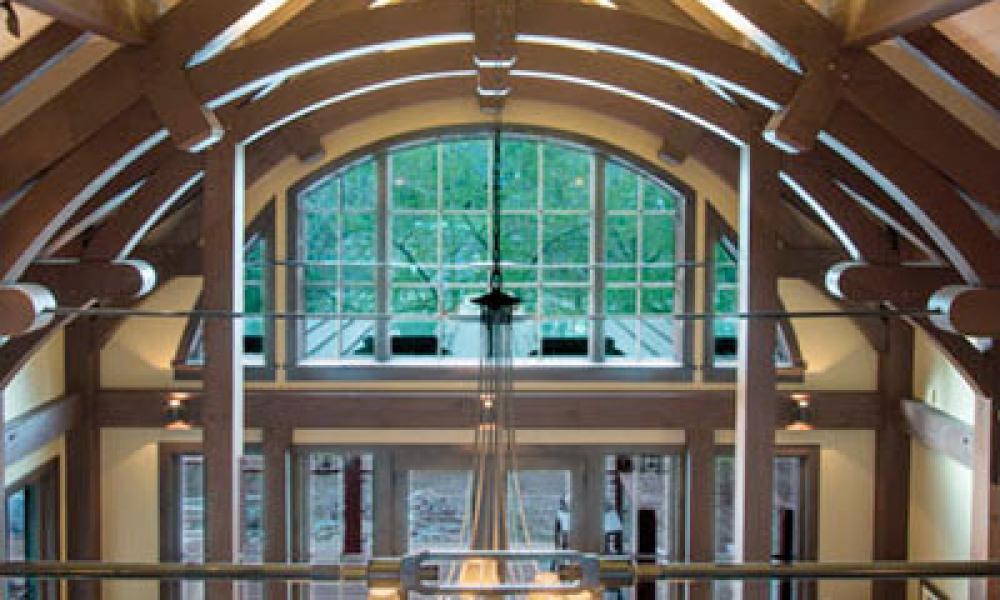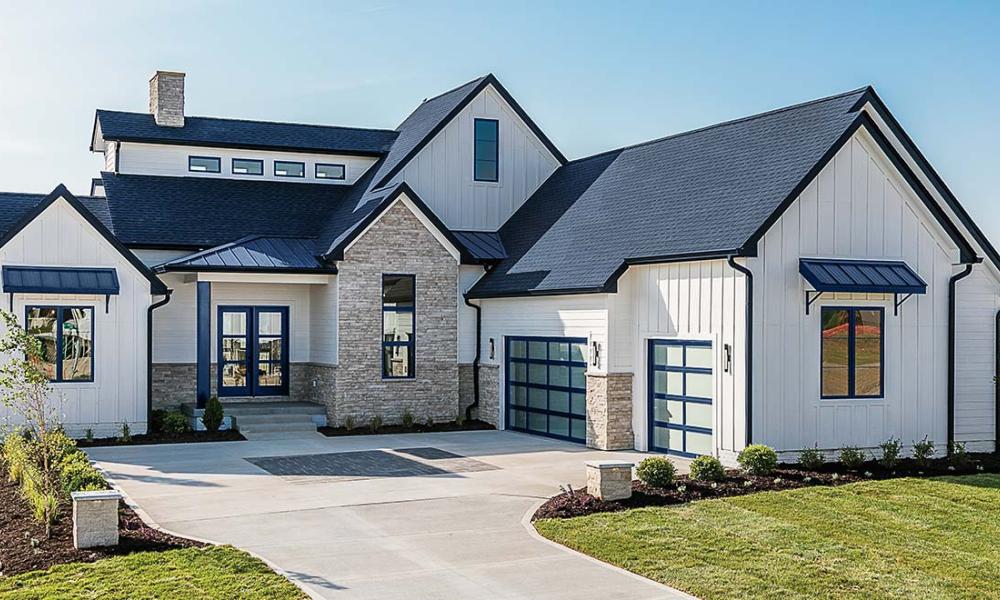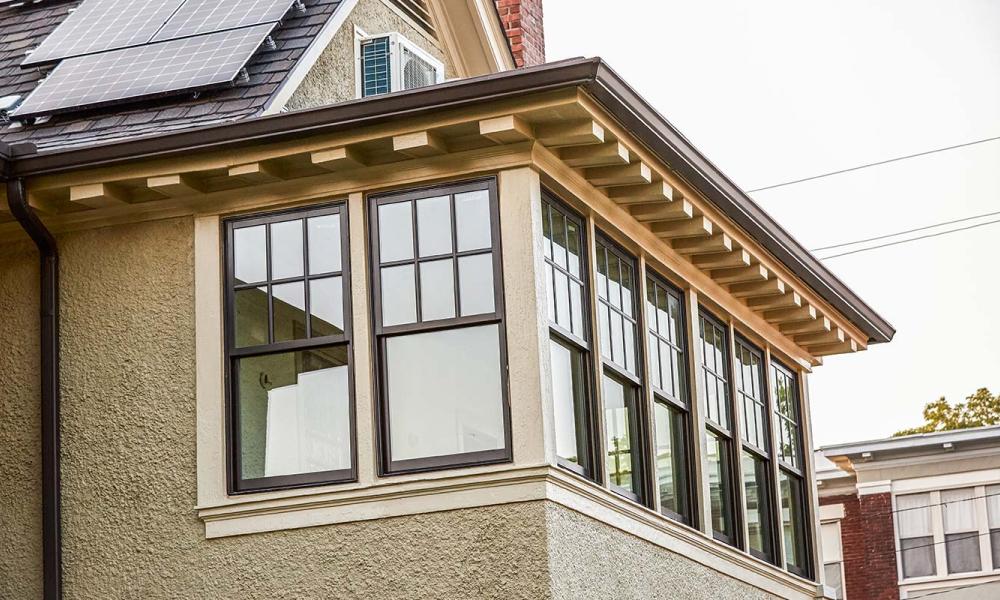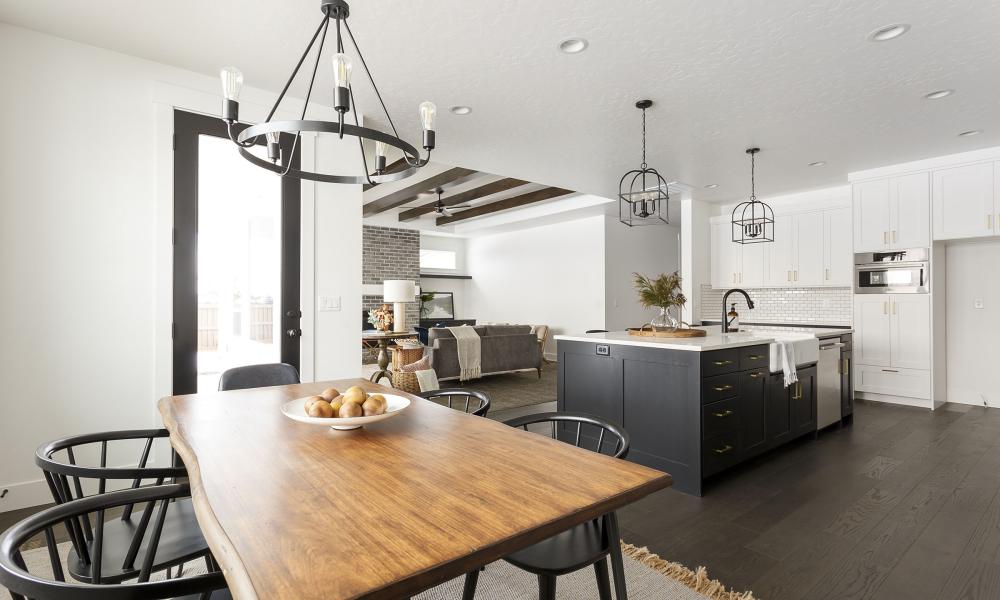Contemporary vs. Traditional Windows
Windows play a vital role in defining the character of a building. They are not just openings to let in light and air but also elements that reflect the architectural style and cultural context of a structure. In the contemporary era, advancements in technology and design have brought forth a wide array of window styles, contrasting sharply with traditional windows. This essay explores the differences between contemporary and traditional windows, examining their features, cultural significance, and impact on the environment and architecture.
Contemporary windows are characterized by their sleek designs, often featuring large glass panels without intricate mullion details. These windows prioritize functionality, allowing maximum natural light to enter the space. Materials like aluminum, steel, and uPVC (unplasticized polyvinyl chloride) are commonly used in contemporary window frames due to their durability and low maintenance requirements. Additionally, contemporary windows often incorporate energy-efficient technologies such as double or triple glazing to improve insulation and reduce energy consumption.
One significant aspect of contemporary windows is their adaptability to modern architectural styles. They seamlessly integrate with minimalist, industrial, and high-tech designs, providing architects and designers with the flexibility to experiment with innovative shapes and sizes. Furthermore, contemporary windows often come with advanced security features like laminated or toughened glass and multi-point locking systems, ensuring the safety of the occupants.
Traditional windows, on the other hand, are deeply rooted in cultural and historical contexts. They vary widely across different regions and architectural styles, reflecting the heritage and craftsmanship of a particular culture. Traditional windows often feature intricate wooden frames with detailed carvings and mullion patterns. In many historical buildings, these windows are adorned with stained glass, adding a touch of artistic elegance.
Beyond their aesthetic appeal, traditional windows hold cultural significance. They tell stories of the past, representing the architectural heritage of a community. Traditional windows are often associated with specific architectural styles like Georgian, Victorian, or Colonial, each having unique window designs that have stood the test of time.
When comparing contemporary and traditional windows, several factors come into play. One of the most significant differences lies in their environmental impact. Traditional wooden windows, when sourced sustainably, have a lower carbon footprint compared to contemporary windows made from materials like aluminum or uPVC, which require significant energy for production. However, contemporary windows often excel in energy efficiency due to advanced glazing technologies and insulation, contributing to reduced energy consumption in buildings.
Culturally, traditional windows serve as symbols of heritage and continuity. Preserving and restoring traditional windows in historical buildings is crucial for maintaining the authenticity and charm of these structures. In contrast, contemporary windows signify progress and modernity, reflecting the current architectural trends and technological advancements of our time.
In the debate between contemporary and traditional windows, there is no clear winner. Both styles have their unique attributes and cater to different preferences, architectural needs, and cultural contexts. The choice between contemporary and traditional windows ultimately depends on factors such as architectural style, energy efficiency goals, cultural preservation efforts, and individual aesthetic preferences. As the architectural landscape continues to evolve, finding a balance between preserving heritage and embracing innovation will be essential in shaping the windows of the future.
***For more information or to see these products in person, visit one of our showrooms located near Boise, Treasure Valley, McCall, Ketchum or Sun Valley**
